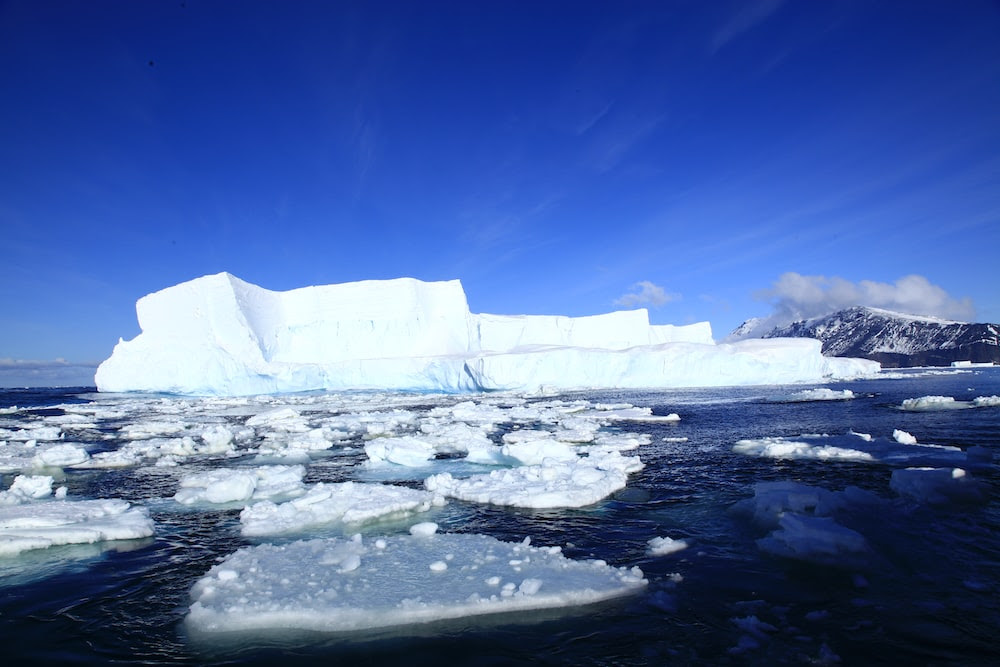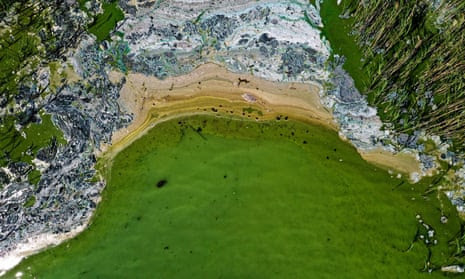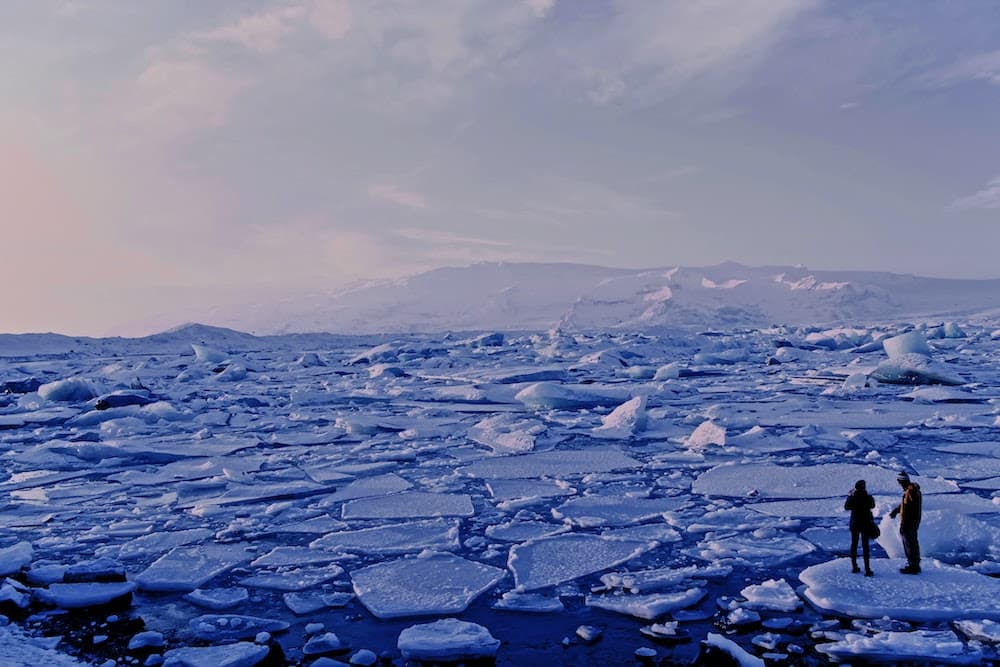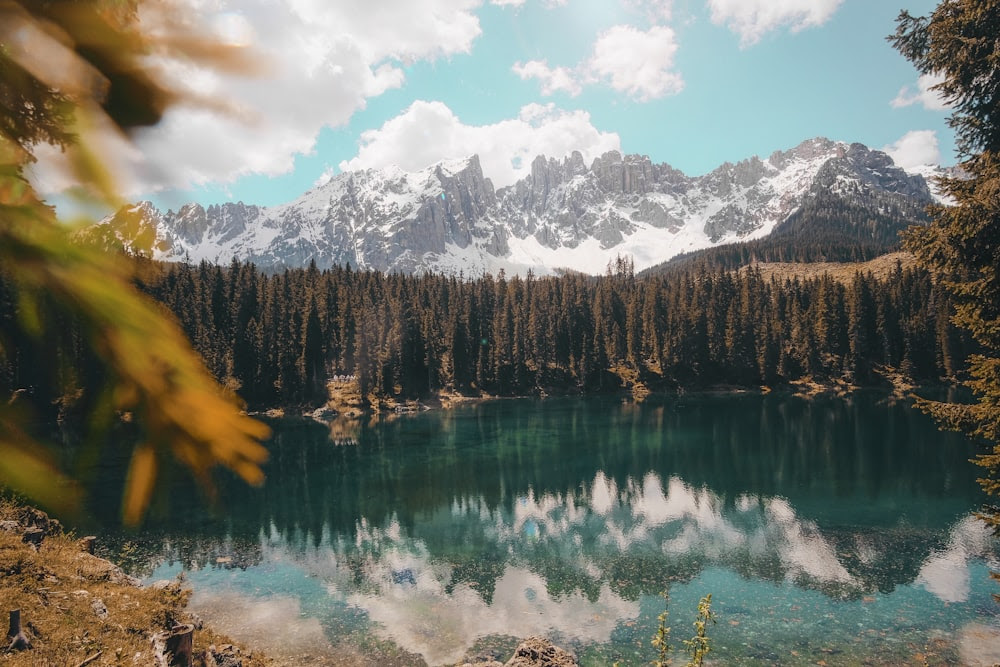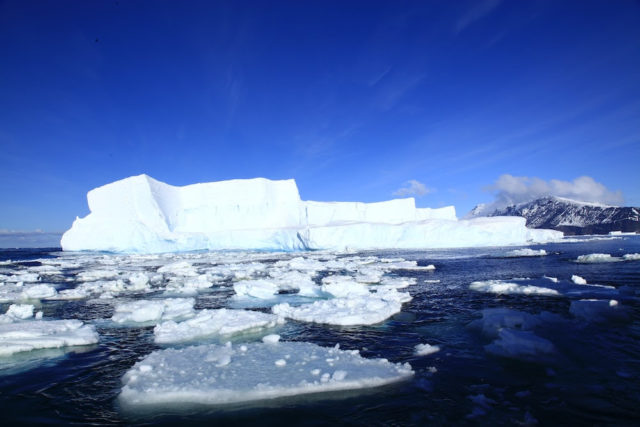
Scientists have not yet understood all the mechanisms involved in the phenomenon of rising sea levels, but they believe that the role of the melting ice caps may have been underestimated, with a risk of acceleration and increased disaster. Over the past century, the sea level has risen by about 20 centimeters, and the rate has been accelerating since 2006.
It has risen from about 1.3 millimeters/year between 1901 and 1971 to 3.7 millimeters/year since 2006 according to the IPCC. In this phenomenon, the role of the thermal expansion of water has been estimated since the 70s to be five times more important than that of the melting of the Arctic and Antarctic ice caps.
But in its latest report, the IPCC shows that the contribution of the ice caps is expected to increase from 0.1 millimeters/year in the 1990s to 1.1 millimeters/year since 2010. Researchers from the Institute for Basic Science in South Korea estimate that an irreversible loss of the West Antarctic and Greenland ice sheets could occur very soon if humanity does not reach net-zero emissions by 2060.
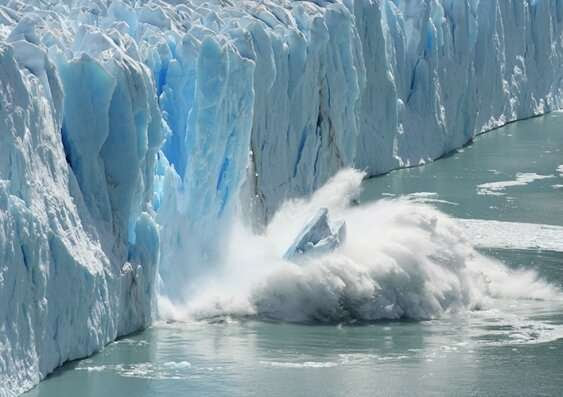
Achieving this goal would require stabilizing temperatures below +1.8˚C relative to the pre-industrial normal. On the other hand, if the temperature increase is confirmed at the level of +2.5˚C as various countries seem to have acted upon, sea level rise will accelerate. This result was obtained by using a supercomputer to model the complex interactions between ice caps, icebergs, oceans and the atmosphere, whereas until now models that simulated ice sheet dynamics did not take into account atmospheric and oceanic processes.
The researchers found that changes in sea ice and atmospheric circulation around Antarctica have a direct impact on ice sheet melt and, through feedback, effect have implications for global sea level projections. Researchers estimate that if humanity manages to limit greenhouse gas emissions, the ice caps will contribute to about 0.5 meters of sea level rise by 2150, if not, the contribution could be about one meter, and even 1.4 meters if fossil fuel consumption increases. In this case, several hundred million people would be at significant risk of flooding, especially along the coasts, and this phenomenon would worsen over time, as sea level rise due to melting ice caps is expected to last for several centuries.

